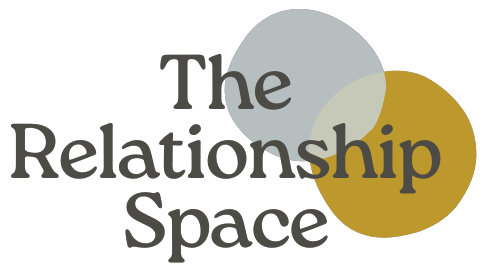What’s missing in our communication?
Hello friends,
When people seek help for their relationship, they often want help with communication. People are having the same argument or conversation without it leading to change and they feel stuck. They want to know how they can say things differently to get their point across, so that their partner will see their side and change their behavior. An integral part of communication that is often overlooked is listening. How we listen is just as important as what we say.
Why are people generally poor listeners?
During intense conversations we often get flooded with emotions that overtake our listening skills. This is not a conscious choice. The common emotions that pull people out of engaged listening are often anxiety and shame. Sometimes these underlying emotions come across as anger. Anger is what shows on the surface yet underneath the hostility is anxiety, shame, sadness, fear, etc.
Once the emotions flood a person they may interrupt, check out, or get defensive. It takes slow and deliberate attention to recognize your emotions and patterns. You may interrupt because you’re anxious that you won’t be heard if you don’t speak up now. If you hear a voice in your head that says, “I can’t do anything right” and then you shut down or get defensive, that may be shame hijacking your ability to listen.
Listening myth
If someone isn’t looking at you, it's easy to think they are not listening but direct eye contact is not necessary for attentive listening. Many people find it easier to stay in a conversation if they are not looking at each other. Eye contact can be intense and cause emotional flooding. Some of the best conversations happen on a walk or in the car while people are facing forward. If face-to-face conversations feel confrontational, try sitting side by side as though you're both facing your challenges together.
Common challenges with attentive listening
1. You listen until you have a counterpoint or a related story. For example, your partner comes home from work and tells you about their rough day at work. You respond with a story about how your job is rough too. While that may seem like a way to connect, it brings the attention onto you and leaves the other person feeling alone and dismissed.
2. You are multi-tasking while listening and don’t give your full attention. You cannot be reading something on your phone and actively listening to your partner at the same time. It shows a level of indifference to what they are saying, even if that’s not your intent. There is a caveat to this, some people do focus better when they move their body or fidget. If you are a person that listens better when fidgeting or knitting, explain that to people. Let them know how they can tell you are listening.
3. You don’t ask any clarifying questions. Listening is your way of learning what is going on for the other person. Like a journalist reporting a story, you need to ask questions and dig deeper. A curious question asker not only better understands the situation for themselves but can help the speaker gain deeper insight into their situation.
To be on the receiving end of engaged and curious listening feels good and can be connecting. People will stop talking if they feel worse after opening up. There are lots of ways to practice communication skills with a relationship coach or therapist. I’m here if you need it.
With loving support,
Mallory
Recommendations
The Sex and Psychology Podcast with Dr. Justin Lehmiller, a researcher at the Kinsey Institute, is worth a deep dive. If you have a vulva or are in the medical field the episodes about the vulva and clitoris with Dr. Maria Uloko are a must listen, especially if you are prone to UTIs!
